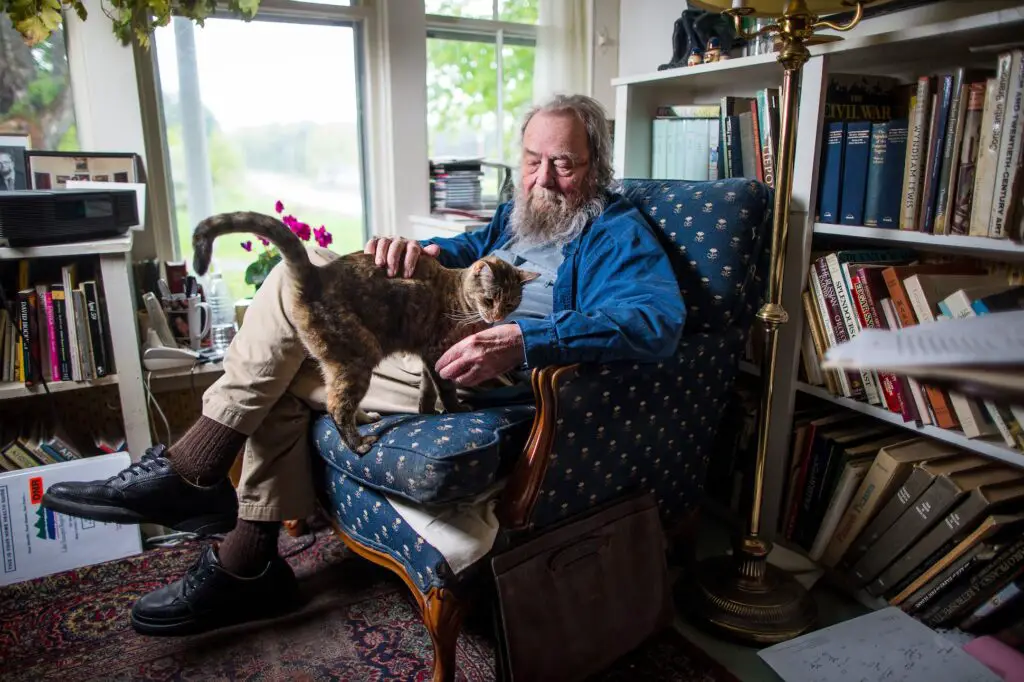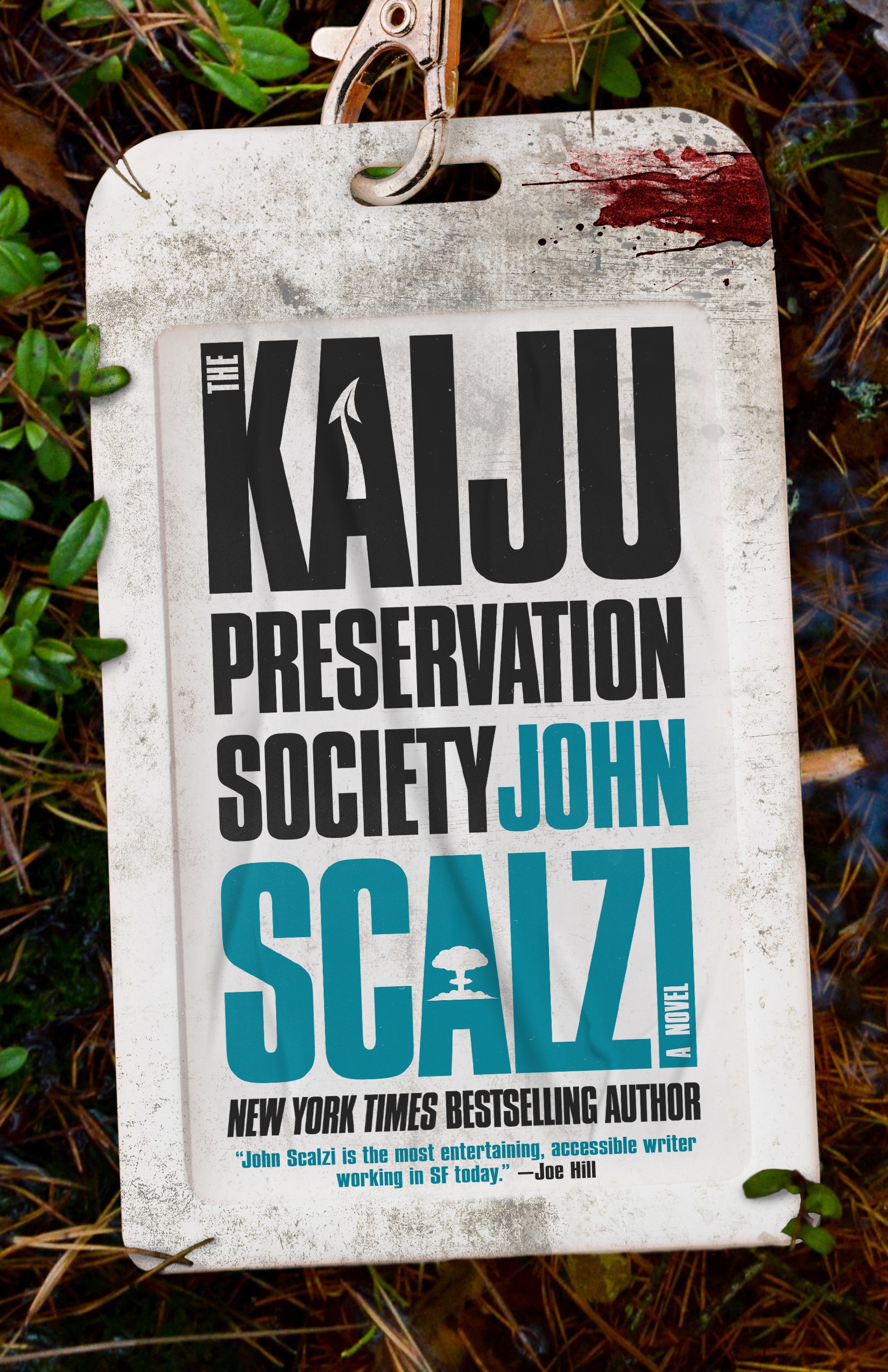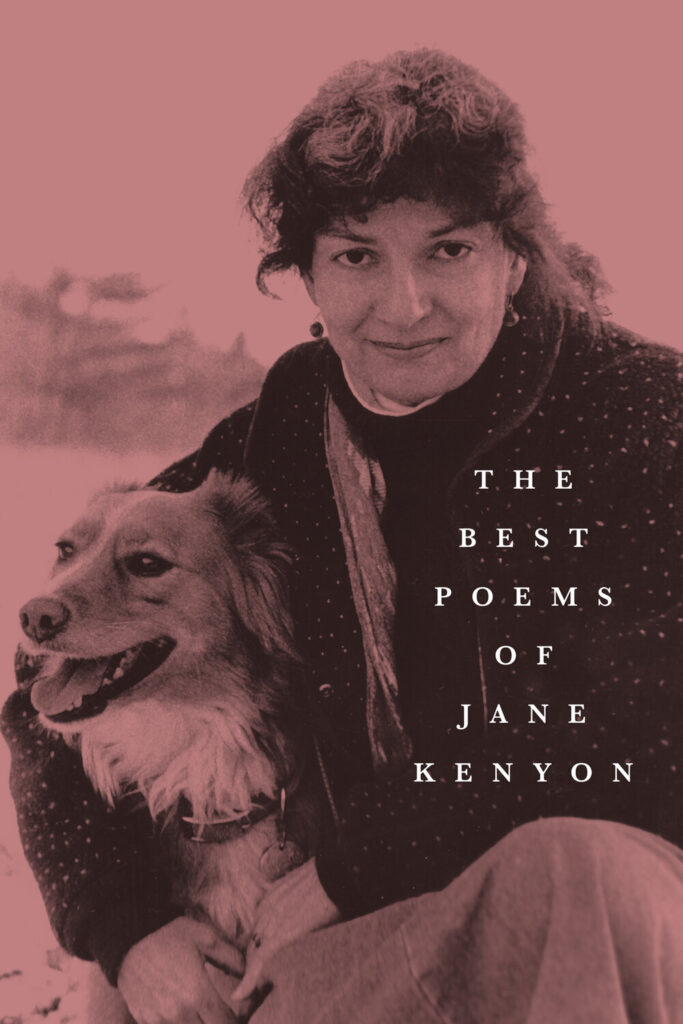Without: Poems, by Donald Hall

It doesn’t matter what I’m doing or what time of day or night it is, when I pick up this collection, I read it from the first page to last. Published in 1998, Without traces the illness and death from leukemia of Hall’s wife, the poet Jane Kenyon, in language that is elegiac and starkly beautiful. Hall, the esteemed poet, writer, critic, and 2006 U.S. poet Laureate, who died in 2018, first met Kenyon when she was his student at the University of Michigan, and the two were married in 1972. It was a proverbial May-December marriage, lived out nearly twenty years on his grandparents’ Eagle Pond Farm in Wilmont, New Hampshire. Then, in 1989, when Hall was in his early sixties, he discovered he had colon cancer (“I was the one who was supposed to die first,” he wrote); three years later it metastasized to his liver. Yet after surgery and chemotherapy, Hall’s cancer went into remission, but two years later, in a tragic turn, Kenyon was diagnosed with leukemia. “Without,” as the book’s cover describes, is both a testament and their marriage, and a lament of Kenyon’s illness and Hall’s life after her death. Here’s the opening of the title poem:
we lived in a small island stone nation
without color under gray clouds and wind
distant the unlimited ocean acute
lymphoblastic leukemia without seagulls
or palm trees without vegetation
or animal life only barnacles and lead
colored moss that darkened when months did
hours days weeks months weeks days hours
the year endured without punctuation

via Getty Images. The Poetry Foundation.
The collection is about the effect of illness on a marriage, but it is also a portrait of a marriage as a creative partnership. In a 2006 interview, Hall talked about the process of writing the poems in Without:
“I wrote many of the poems…by Jane’s side, as I sat with her in the hospital or at the house. Originally, I wrote many, many more poems than I wound up printing. Occasionally, I read one of them aloud to Jane—often, as I remember, at her request. ‘What are you writing, Perkins?’ I don’t remember her suggesting changes, but she may have done so. I believe that Jane liked it, me writing these poems. Poetry was after all the tremendous commonness between us. At least one of us was writing poems, I was writing the poems that she could not write—about what she was going through.”
I read these poems to better understand both life and art: to remember that time is short, that living is important, and what can seem like fleeting images are often the most enduring, and shattering contact, we have with life.
For #nationalpoetrymonth, learn more about Donald Hall and his work at the Poetry Foundation.
And hear Hall read from the collection here.
—from “Letter at Christmas,” by Donald Hall
—Lauren Alwan


